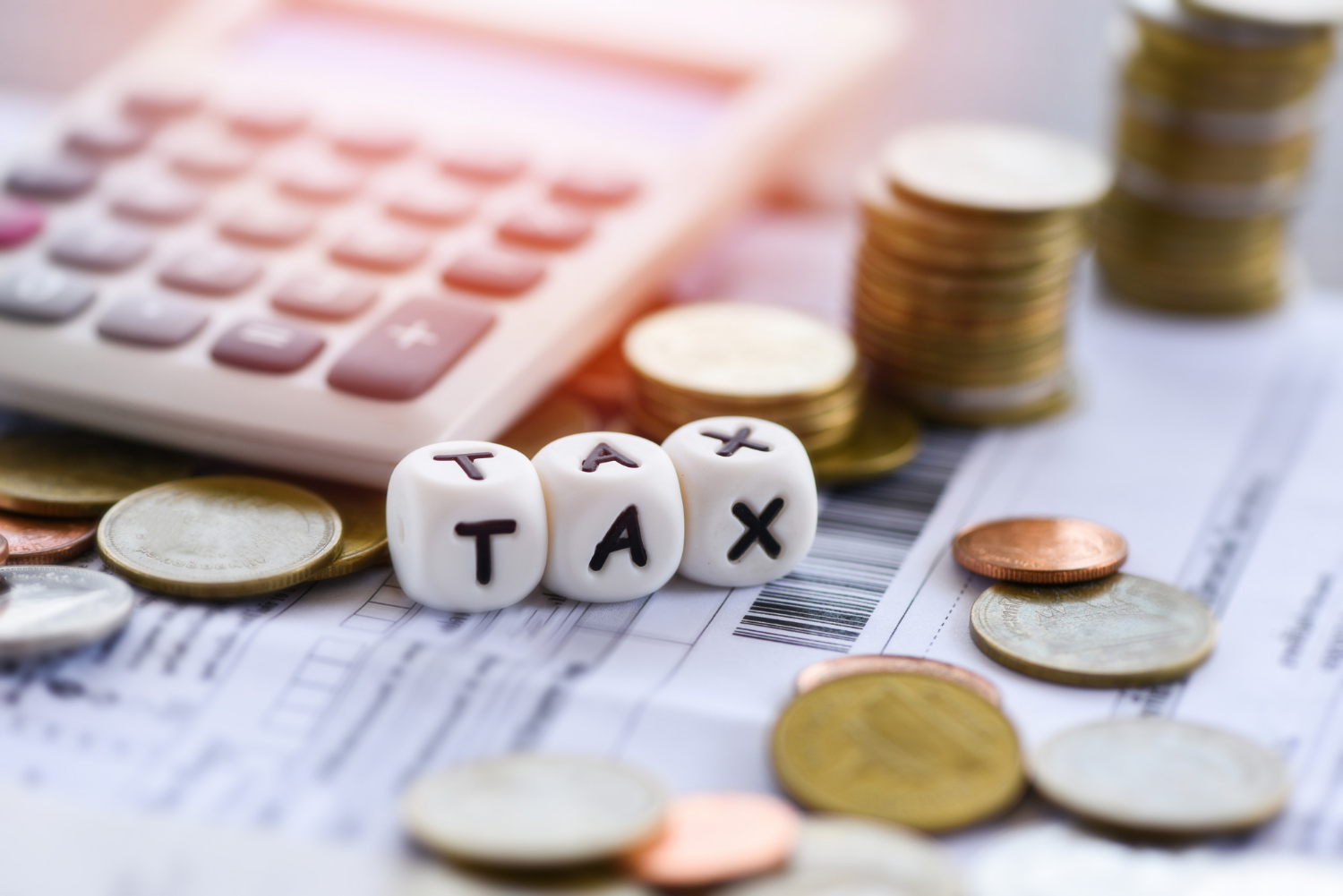HM Revenue and Customs is reminding VAT registered businesses to file their returns and pay on time, ahead of new penalties being applied.
The new penalties will be fairer and more proportionate for businesses who submit their VAT returns or pay their VAT late. The first monthly returns and payments affected by the penalties are due by 7 March 2023.
The late payment penalties and points-based late submission penalties were introduced from 1 January 2023, replacing the VAT default surcharge, and apply to accounting periods which start after that date.
The penalties for late VAT returns also apply to businesses that submit nil returns and repayment returns. Changes have also been made to how interest is calculated.
Paul Riley, Director of Tax Administration, HMRC, said:
Our aim is to help customers get things right before monetary penalties are applied; a points-based system for late VAT returns will not punish the occasional error.
We are contacting 2.5 million VAT registered businesses about the changes and will continue to support customers to help them manage their tax affairs and payments.
The changes to VAT penalties and interest payments are:
- late submission penalties – These work on a points-based system. For each VAT return submitted late, customers will receive a penalty point until they reach the penalty point threshold – at which stage they will receive a £200 penalty. A further £200 penalty will also apply for each subsequent late submission while at the threshold, which varies to take account of monthly, quarterly and annual accounting periods.
- late payment penalties – If a VAT payment is more than 15 days overdue, businesses will pay a first late payment penalty. If the VAT payment is more than 30 days overdue, the first late payment penalty increases and a second late payment penalty will also apply. To help customers get used to the changes HMRC will not charge a first late payment penalty on VAT payments due on or before 31 December 2023, if businesses either pay in full or a payment plan is agreed within 30 days of the payment due date.
- payment plans – HMRC will help businesses that cannot pay their VAT bill in full. Customers may be able to set up a payment plan to pay their bill in instalments. After 31 December 2023, if a customer proposes a payment plan within 15 days of payment being due and HMRC agrees it, they would not be charged a late payment penalty, provided that they keep to the conditions of the payment plan. Late payment penalties can apply where proposals are made after the first 15 days, but the agreement of the payment plan can prevent them increasing.
- interest calculations – HMRC has introduced both late payment and repayment interest, which will replace previous VAT interest rules. This brings the new regime in line with other taxes.
Further details on the changes can be found online.
HMRC is also reminding businesses to be mindful of scams as they adjust to the changes. Businesses should never share their HMRC login details. Someone using them could steal from the business or make a fraudulent claim in their name. Individuals should never give out personal information if they are unsure of who is contacting them. For more information, go to GOV.UK and search for ‘phishing and scams’.
Further information
The deadline for submitting VAT returns online is usually one calendar month and 7 days after the end of an accounting period. This is also the deadline for paying HMRC.
For example, for January to March 2023, the quarterly accounting period ends on 31 March 2023. The deadline for submitting the VAT return online, and the payment deadline for that quarter, is 7 May 2023.
Customers need to allow time for payment to reach HMRC’s account.
For late submission penalties, all customers will start on zero points. This includes those on a default surcharge. Any customer who is on a default surcharge will still be liable to pay any associated charges already received.
If the penalty point threshold is reached, businesses can only remove points by completing a period of compliance, submitting all VAT returns by the deadline, and submitting all outstanding returns for the previous 24 months.
Late submission penalties do not apply to a:
- first VAT return if a business is newly VAT registered
- final VAT return after a business cancels its VAT registration
- one-off returns that cover a period other than a month, quarter or year.
The first late payment penalty is calculated as:
- 2% on the VAT owed at day 15 – for VAT payment between 16 and 30 days overdue.
- 2% on the VAT outstanding at day 15, plus 2 per cent of what is still outstanding at day 30 – for payment 31 days or more overdue.
The second late payment penalty is then calculated at a daily rate of 4% per year on the outstanding balance and charged daily from day 31 until the outstanding balance is paid in full.
For customers using the Payments on Account Scheme, or Annual Accounting Scheme, late payment penalties apply to the balancing payment. They do not apply to instalments or payments on account that are paid by the balancing payment due date.
Late payment interest is charged from the day after the customer’s VAT payment is due until the day it is paid in full. It is calculated at the Bank of England base rate plus 2.5%.
Repayment interest will be paid by HMRC, until we have paid the VAT due, if we are overdue in repaying VAT. This is calculated at the Bank of England base rate minus 1% with a minimum rate of 0.5%.
Source: Gov.uk




